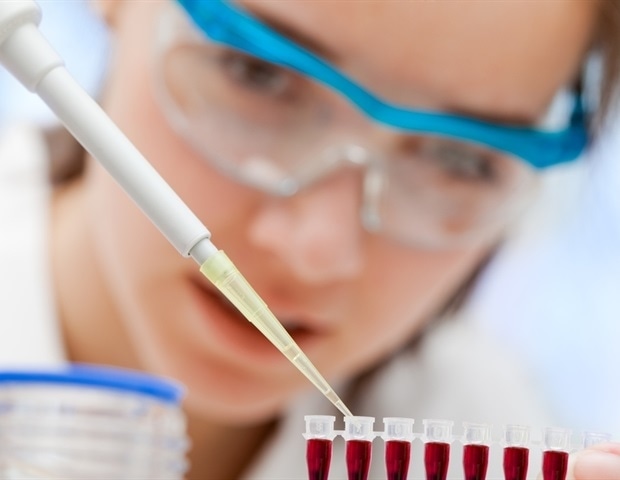New study introduces a simple blood test to detect early lung damage in cancer patients receiving novel therapy with antibody-drug conjugates (ADCs), which can sometimes cause serious, even fatal, lung disease (ILD). By analyzing specific markers in circulating DNA, this test provides a non-invasive way to monitor patients for lung complications without relying solely on imaging scans. This advancement is important because it could help doctors detect and manage damage sooner, improving safety for patients on powerful cancer drugs and making ongoing monitoring easier and more accessible.
A team of researchers led by Dr. Albert Grinshpun from the Sharett Institute of Oncology at Hadassah-Hebrew University Medical Center and Dr. Ori Fridlich from Center for Liquid Biopsy at the Department of Pediatric Hemato-Oncology, Hadassah-Hebrew University Medical Center have applied a novel blood test that can detect early signs of potentially fatal lung damage in cancer patients taking antibody-drug conjugates (ADCs).
This breakthrough method aims to offer a safer, simpler way to monitor patients for drug-induced lung disease, potentially reducing the need for frequent scans. ADCs, including the widely used cancer drug Enhertu (trastuzumab deruxtecan), represent a new wave of targeted therapies. However, these drugs can sometimes cause interstitial lung disease (ILD)—a serious condition that can lead to significant lung damage if left untreated.
This study demonstrates that by analyzin.


















